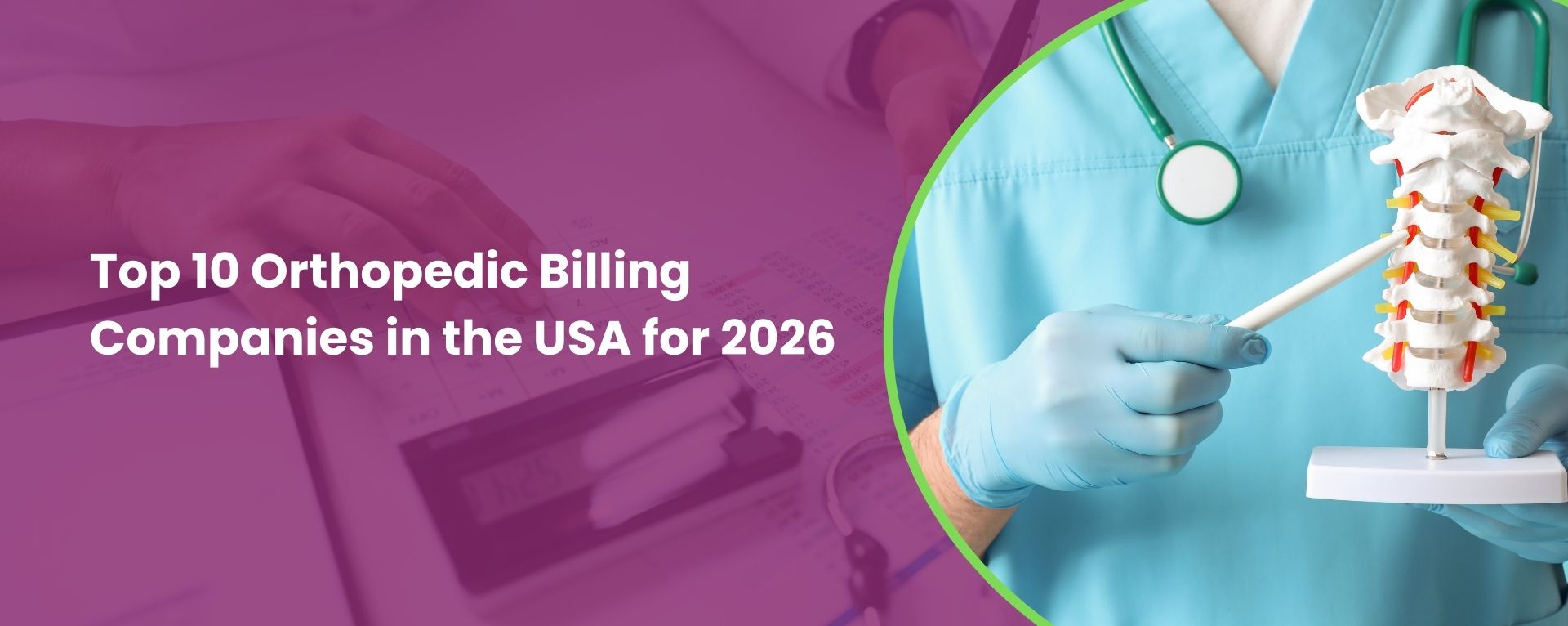Now that AI is taking over the world, automation in the medical billing industry shouldn’t be a surprise. The days of manual medical billing pertaining to inconsistencies, discrepancies, rejections, and so much more are behind us, thanks to RPA.
RPA (Robotic Process Automation) is a transformative technology that reduces labor costs and is time efficient. Pairing Revenue Cycle Management (RCM) with RPA results in streamlined operations, fewer denials, appropriate claim submissions, and a smoother process than manual operations.
The medical billing process is always going to have repetition and require much more attention to detail. The use of RPA eliminates human error in the billing process and allows practitioners to focus on patient care efficiently.
RPA medical billing involves acute bots undertaking the billing and coding on the in-house staff’s behalf without any errors at all. This helps in the collection of information from various sources efficiently without any additional and costly interfaces.
Involving RPA in patient scheduling, billing, appointment reminders, and claim submissions can have a positive impact on your healthcare facility and patient care as well. You can also experience enhanced security of your patient’s data and compliance regulation.
Here’s How Your Practice can Benefit from RPA
RPA is one of the leading disruptors in the medical billing industry. Although there are still some medical executives who haven’t hopped onto this evolutionary bandwagon. Considering the advantages this technology has to offer, you certainly don’t want to be one of the lot.
Here’s what RPA has to offer for your medical practice;
- Data Entry
Is probably one of the most repetitive and time-consuming part of coding and billing. Hence, many errors tend to happen when manually entering demographics, codes, and insurance claims. With RPA, data sourced from Electronic Medical Records (EMR) can be entered quickly and without any errors.
- Data Reporting
Automation can change the game of detailed data reporting. With the data entered being rendered 24/7 into accurate reports – can assist big-time with making important business-related decisions. And the fact that these reports are always readily accessible, makes the entire billing process smoother.
- Zero Errors
Having error-free data is the ultimate goal of every medical billing process. Robotic Process Automation can help you achieve that goal. Even though human intervention is required every now and then, automation can make faster decisions possible.
Transcure, an award-winning medical billing service, promises error-free data entry and active reimbursements with complete automation.
Now you can be assured of the complete elimination of denials, and rejections, appropriate and timely claim submissions, and accurate payment procedures.
Experience Revenue Cycle Management solutions paired with RPA from the leading outsourced medical billing company, Transcure. We specialize in providing RCM solutions that are HIPAA compliant, making us a trusted outsourced medical billing service by US healthcare providers. We can help your practice generate more revenue by addressing issues like payment delays and claim denials.
Hit us up today to Book a Demo and witness how we can help your medical practice thrive.









